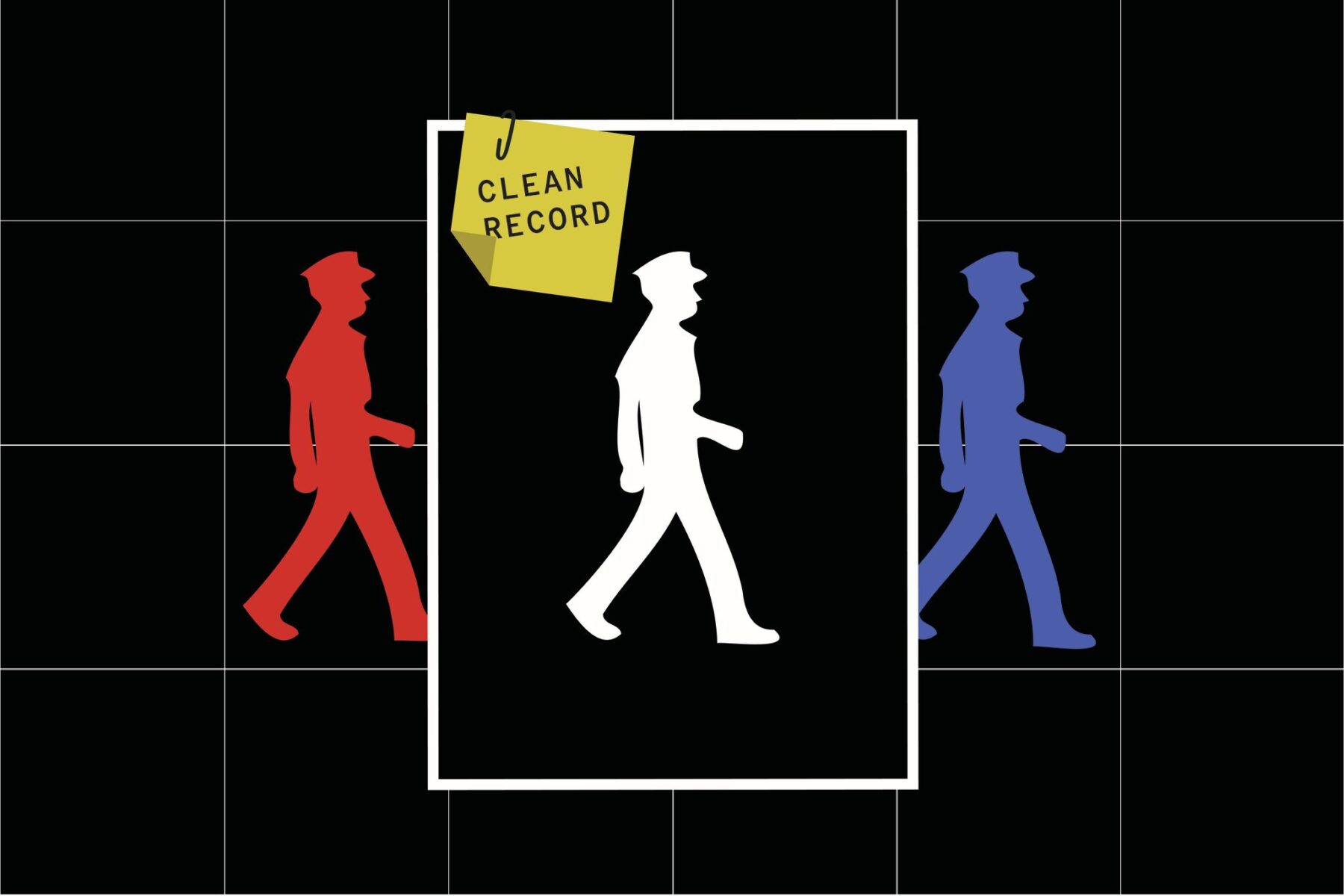The Goldsmith Prize for Investigative Reporting
About the award
The annual Goldsmith Prize for Investigative Reporting honors investigative reporting that best promotes more effective and ethical conduct of government, the making of public policy, or the practice of politics. The winner receives $25,000, and five finalists receive $10,000. Prize money is paid directly to the journalists, not the news organizations. While the subject can address issues of foreign policy, a submission qualifies only if it has an impact on public policy in the United States at the national, regional or local level.
Financial support for the Goldsmith Awards Program is provided by an annual grant from the Goldsmith Fund of the Greenfield Foundation. The program is administered by the Shorenstein Center on Media, Politics and Public Policy at Harvard University’s Kennedy School of Government.
Criteria and Rules
Criteria
The annual Goldsmith Prize for Investigative Reporting honors investigative reporting that best promotes more effective and ethical conduct of government, the making of public policy, or the practice of politics. The winner receives $25,000, and five finalists receive $10,000. While the subject can address issues of foreign policy, a submission qualifies only if it has an impact on public policy in the United States at the national, regional or local level. Entries from small and mid-size publications and comparable broadcast/online outlets are encouraged.
Prize Money
The winning entry receives $25,000, and five finalist entries receive $10,000 each. Prize money is paid directly to credited authors of the winning/nominated entries, not their organizations.
Submission Info
Submissions for the 2025 Goldsmith Prize for Investigative Reporting are now closed. Check back in late 2025 to submit nominations for the 2026 awards.
Questions
Please contact Lindsay Underwood at the Shorenstein Center: [email protected]



